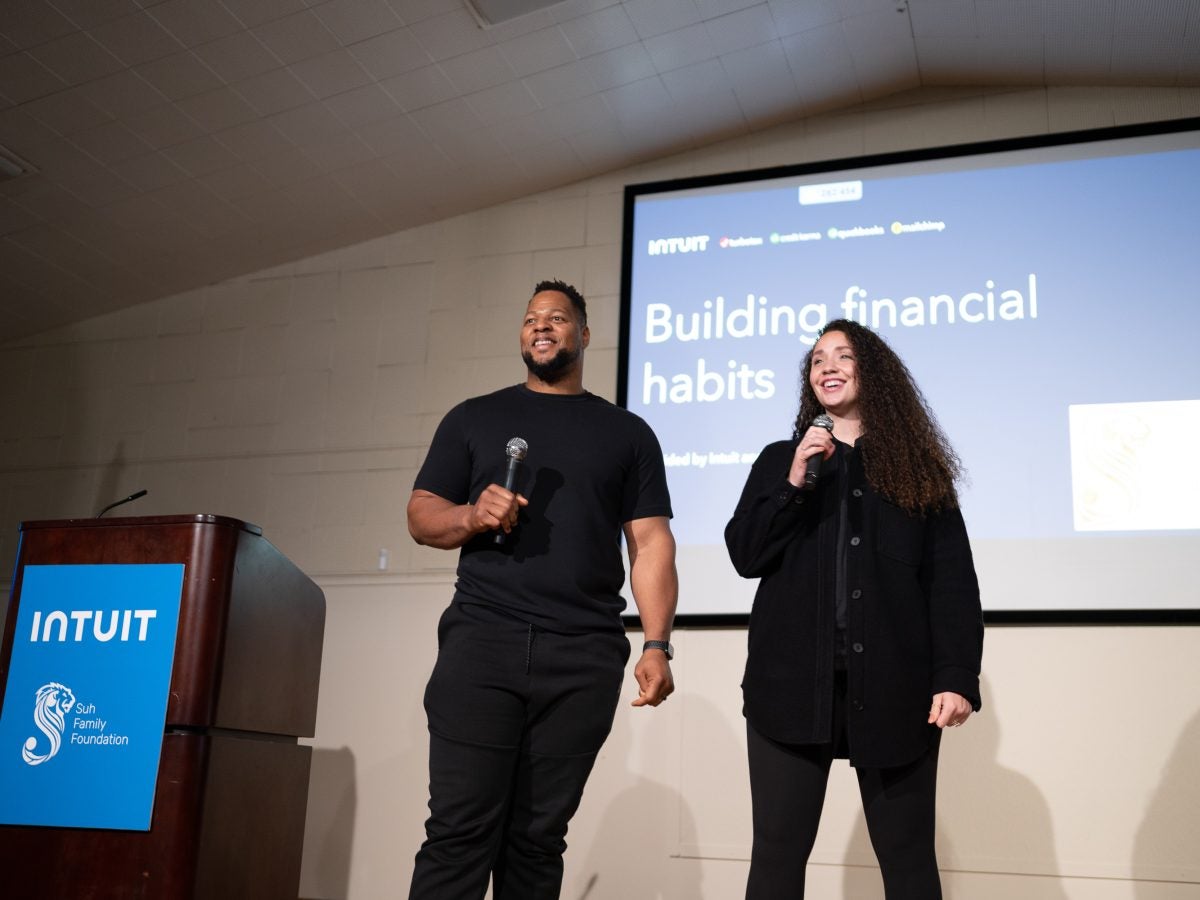
Black labor built America.
The uncompensated work of Black people quite literally created the US economy. However, centuries of laws, codes, and structural barriers prohibiting Black Americans from participating in the massive wealth-bearing fruits of their labor, have created deep chasms perpetuated to this day. One of the most flagrant is the tremendous Black-white wealth disparity in the US. Today, white Americans hold 86% of the country’s wealth and make up 75% of the population—while Black Americans, who make up 13% of the US population, hold less than 3% of the country’s wealth. At the base of this vast racial wealth gap lies deeply structural roots. However, like many inequities affecting Black Americans, systemic problems rarely get systemic solutions.
Fair or not, the responsibility of caring for one another and ensuring our collective survival has always been ours. And, the duty of uplifting community falls to a greater degree on its most influential members, said Errol Pierre, professor, and author of The Way Up: Climbing the Corporate Mountain as a Professional of Color. “When you are high performing or influential in an area, you do now have a responsibility to impact the culture where you can because your words and actions matter more. Black people with higher degrees of freedom have more credibility and credence to get things done. Their voices are just extremely important,” he said.
In this vein, NFL Super Bowl champion Ndamukong Suh and his wife Katya Suh formed the Suh Family Foundation, using their influence to work hand-in-hand with communities to facilitate education, health and wellness, and empowerment initiatives. The couple recently began investigating how they might leverage the non-profit to increase economic mobility in underserved communities. They found that the lack of financial education among young people in the US is setting them up for high debt and low credit scores.
In November, the Suh Family Foundation announced a partnership with Intuit, the global financial technology platform that makes TurboTax, Credit Karma, QuickBooks, and Mailchimp, to start a financial literacy program for high school students nationwide to combat this issue. “We really wanted to highlight an area where we thought we could make an impact,” Katya said. “Personal finance courses are not in these schools, and they really should be.”
Studies show that across racial and ethnic groups in the United States, Black, Hispanic, and Native American populations tend to have lower financial literacy rates than White and Asian communities. To help close this disparity-one of many systemic barriers that continue to perpetuate the racial wealth gap—the Suh’s partnered with the global financial technology platform Intuit to tackle financial illiteracy head-on.
The program, piloted in Portland Public Schools, will deliver personal finance education to high school students in some of the nation’s largest districts in Dallas, Los Angeles, and Oakland. Intuit will equip teachers with a financial literacy curriculum and skills-building resources as part of the programs. In addition, for teachers living outside of school districts where live workshops will be available, Intuit has made its financial literacy curriculum publicly available at no cost. “Today, only 25% of high school students are actually required to take a personal finance course, and that percentage is significantly lower for underserved students in lower-income zip codes, “said Dave Zasada, Vice President of Education and Corporate Responsibility at Intuit.
To be sure, a lack of financial literacy is not the cause of the country’s wealth inequities, but a symptom. Still, the Suh’s believe—and the data confirms, that those who grasp the tenets of financial management have an edge in achieving economic mobility.
Through his own educational experiences, Ndamukong recognized the need for early financial training. “Even when you get into college, unless you’re a finance major, you’re really not getting an education in personal finance, and you’re making huge decisions that can affect you down the road, especially when it comes to your credit when it comes to buying a car and all these different pieces,” he said. “Having a baseline will at least allow you to be a little more educated and better able to make decisions that are best for your particular situation.” The data supports this assertion.
A new study by MoneyRates.com found that States with mandated personal finance courses saw reduced delinquency rates and better credit scores. In addition, studies show that personal financial education reduces the likelihood of young adults using payday loans and positively correlates to asset accumulation and net worth at age 25.
For the Suh’s, who met as college athletes and are now parents of twin boys, the mission of strengthening families and communities through financial empowerment is personal. “The pillars of our foundation: education, health and wellness, and empowerment—are true to our core and who we are as individuals. We really feel that empowering communities in those key areas can have positive long-term effects,” Katya said.
To start, Intuit and the Suh Family Foundation will bring hands-on workshops, resources, and ongoing support to select schools within Intuit’s Prosperity Hub School District Program, including Los Angeles Unified School District (LAUSD), Inglewood Unified School District and Compton Unified School District in the LA area, Oakland Unified School District (OUSD) in the San Francisco Bay Area, and Dallas Independent School District (DISD) in Dallas, Texas.